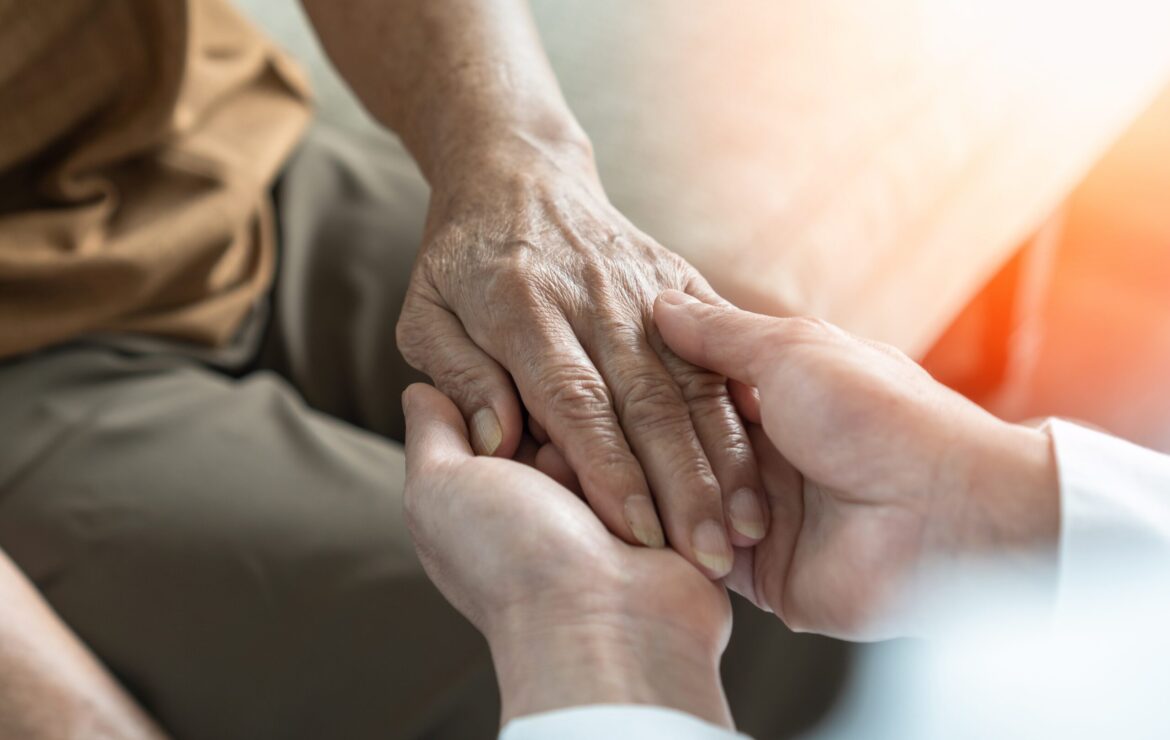Does Medicaid Cover Dementia Care costs in New York?

Medicaid plays a crucial role in making healthcare services accessible to vulnerable populations, including low-income individuals and families, people with disabilities, and the elderly. It helps ensure that these individuals have access to necessary medical services and can receive care even if they cannot afford private health insurance.
If you or a loved one has been diagnosed with dementia of any kind, you might be worrying about how to cover the costs that accompany the level of care you need. If you qualify for Medicaid, you’ll probably find that at least some of your medical expenses will be covered.
Are Dementia Care Costs Covered By Medicaid in New York?
Yes, Medicaid in New York typically covers a range of services related to dementia care, including nursing home care, home health care, and personal care services. However, coverage specifics can vary depending on factors such as income, assets, and the level of care needed. Medicaid eligibility and coverage details are subject to change, so it’s always best to check with the New York State Medicaid program or a qualified Medicaid planner for the most accurate and up-to-date information.
Typically New York Medicaid benefits cover nearly all essential healthcare services, including doctor visits, medical supplies & equipment, prescriptions and more. For most individuals, elements of dementia care programs fall into one or more of the categories these benefits cover.
Services included in Dementia Care
Dementia care encompasses a wide range of services and support aimed at meeting the needs of individuals living with dementia and their caregivers. Key components of dementia care include:
Medical Management: This involves the diagnosis and ongoing medical care provided by healthcare professionals, such as doctors, neurologists, and geriatricians. Medications may be prescribed to manage symptoms and slow the progression of the disease.
Cognitive Stimulation: Activities and programs designed to engage and stimulate cognitive function, memory, and problem-solving skills. This may include puzzles, games, reminiscence therapy, and other mental exercises.
Assistance with Activities of Daily Living (ADLs): Help with tasks such as bathing, dressing, grooming, eating, and toileting as the disease progresses and individuals may experience difficulty performing these activities independently.
Safety and Supervision: Ensuring the safety of individuals with dementia is crucial, as they may be at risk of accidents or wandering. This may involve home modifications, such as installing safety rails or removing hazards, as well as supervision and monitoring.
Emotional Support and Counseling: Dementia can be emotionally challenging for both individuals with the condition and their caregivers. Counseling and support groups can provide emotional support, education, and coping strategies for managing the stress and emotional impact of dementia.
Nutritional Support: Ensuring proper nutrition is essential for overall health and well-being. Caregivers may need to assist with meal planning, preparation, and monitoring to ensure individuals with dementia are eating well.
Social Engagement: Encouraging social interaction and engagement can help individuals with dementia maintain social connections, reduce isolation, and enhance quality of life. This may involve participating in social activities, outings, and spending time with family and friends.
Respite Care: Caregivers often need breaks to rest and recharge. Respite care services provide temporary relief for caregivers by offering short-term care and support for individuals with dementia.
Overall, dementia care is individualized and multidisciplinary, tailored to meet the unique needs and preferences of each person living with dementia while also providing support for their caregivers.
Resources for Dementia Patients in New York
With all of the challenges and demands that come with setting up dementia care, New York offers a variety of resources for dementia patients and their caregivers. Here are a few examples of resources available in New York for dementia patients and their caregivers:
New York State Department of Health: The Department of Health provides information on programs and services for seniors, including those living with dementia. Their website offers resources, educational materials, and links to support services.
Alzheimer’s Association, New York Chapter: The Alzheimer’s Association offers support groups, educational programs, and resources for individuals living with Alzheimer’s disease and other dementias, as well as their caregivers. They have local chapters throughout New York State.
New York State Office for the Aging (NYSOFA): NYSOFA provides information and assistance for older adults and caregivers, including resources specific to dementia care. They offer programs such as the Alzheimer’s Disease Assistance Centers (ADACs) which provide information, support, and assistance to individuals with Alzheimer’s disease and related disorders.
Local Aging Services: Many counties in New York offer aging services programs that provide support for seniors, including those with dementia. These programs may include case management, home care services, meal programs, transportation assistance, and caregiver support.
New York Statewide Senior Action Council: This organization advocates for the rights and needs of older adults in New York State. They may provide information and resources relevant to dementia care.
Local Hospitals and Health Systems: Hospitals and health systems in New York may offer dementia care programs, memory clinics, and support groups for patients and caregivers.
Legal Services: Legal services organizations in New York may offer assistance with advance care planning, legal issues related to dementia, and access to benefits and entitlement programs.
Community and Senior Centers: Many community and senior centers in New York offer programs and activities for older adults, including those with dementia. These programs may include social activities, exercise classes, and educational workshops.
